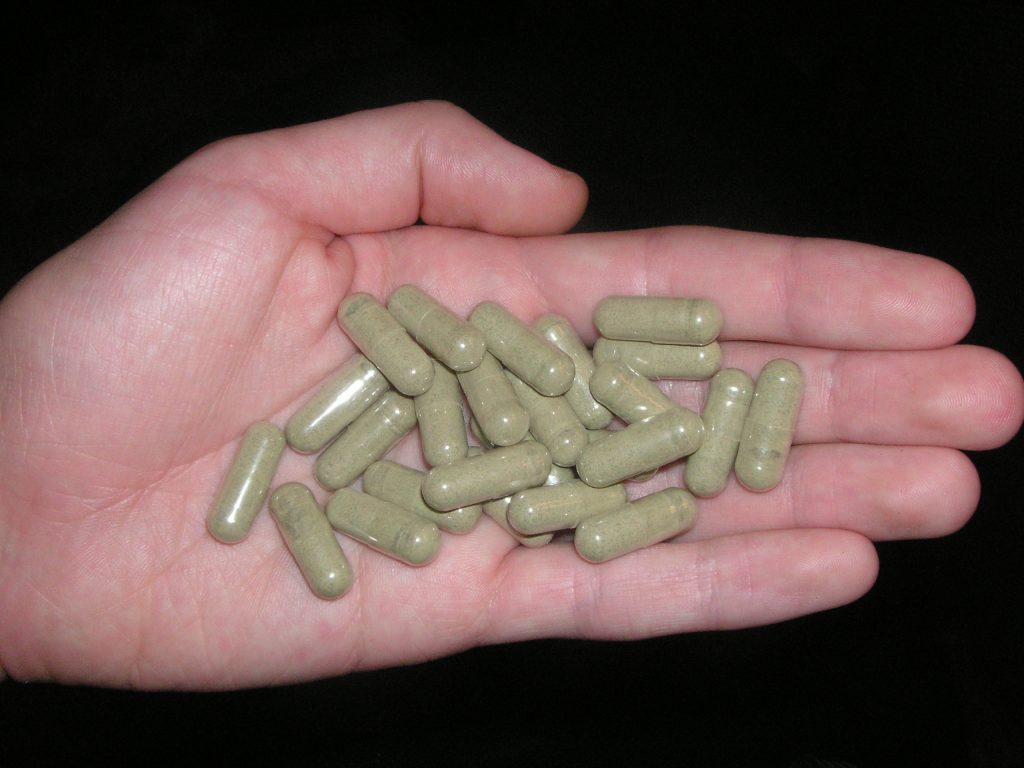
A recent news story highlights the dangers of kratom products.
Kratom is a harmful and addictive drug. Although it is often marketed as a dietary supplement in the U.S., kratom mimic the effects of opioids and can lead to addiction, seizures, and even death.
The New York Post writes, “Jordan McKibban died at age 37 while taking kratom, an ‘all-natural’ supplement available online and in stores.”
The article highlights how kratom products are marketed in the U.S., noting:
Kratom products — sold in powders, gummies and energy-looking drinks — come from a plant native to Southeast Asia and can act like a stimulant at lower doses and a sedative at higher ones.
While they’re readily found online, in brick-and-mortar stores and even gas stations as catch-all solutions to everything from fatigue to opioid withdrawal, the Food and Drug Administration says kratom and its key components are “not lawfully marketed” in the US as a drug product, dietary supplement or food additive.
The article also points out the specific dangers of 7-hydroxymitragynine (7-OH), a powerful substance found in kratom.
The FDA recently recommended new restrictions on 7-OH. FDA officials say they are particularly concerned about 7-OH products that appeal to children and teens — including gummies and other candies.
Last April, lawmakers voted not to pass a bad bill that would have legalized kratom and 7-OH in Arkansas.
During his remarks against the bill, Rep. Zack Gramlich (R — Fort Smith) described a seventh-grader who was caught using kratom and trying to sell it to other students at a school in his district a few years ago.
Fortunately, efforts to legalize kratom in Arkansas have failed, and the Arkansas Department of Health has restricted 7-OH as a Schedule I substance.
Heartbreaking stories like Jordan McKibban’s remind us that kratom and 7-OH are dangerous drugs that our public health officials must take seriously.
Articles appearing on this website are written with the aid of Family Council’s researchers and writers.




